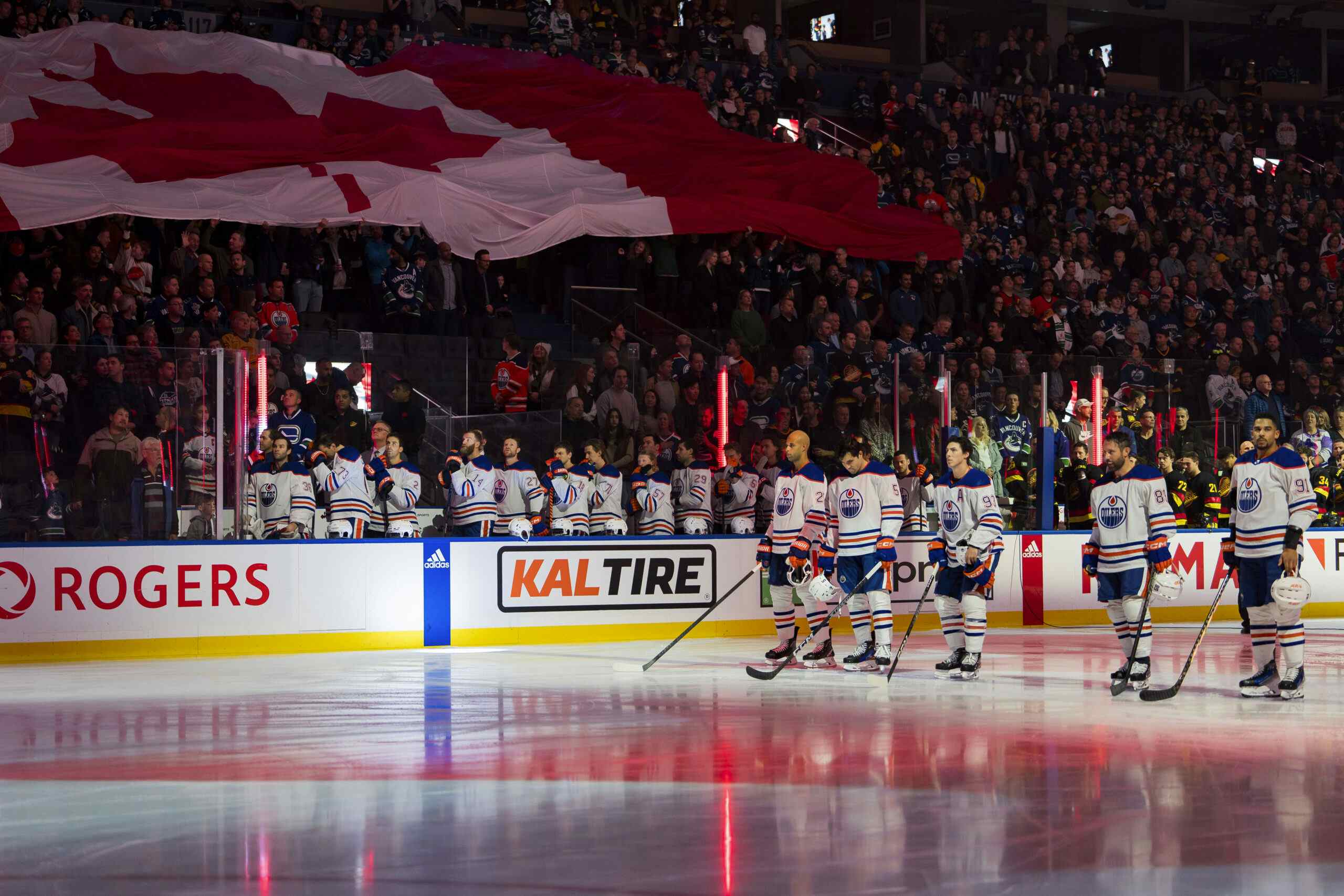December Dilemmas

One of the questions I’m often asked is why it is so
important for NHL teams to address all of their important positional issues in
the summer. After all, the reasoning goes, is there really much harm in
checking out the players on the roster for a month or two and then fixing
things up if necessary then?
important for NHL teams to address all of their important positional issues in
the summer. After all, the reasoning goes, is there really much harm in
checking out the players on the roster for a month or two and then fixing
things up if necessary then?
Although superficially plausible, this is a dangerous way to
run an NHL team.
run an NHL team.
It can be hard to
make trades

The following is a list of every single trade made between
October 1, 2015 and January 1 (data via the NHL’s official trade tracker):
October 1, 2015 and January 1 (data via the NHL’s official trade tracker):
- Oct. 4: Colorado trades Freddie Hamilton to Calgary for a
conditional seventh-round pick - Oct. 6: Los Angeles trades Brian O’Neill to New Jersey for a
conditional seventh-round pick - Nov. 12: Tampa Bay trades Kevin Poulin to Calgary for future
considerations - Dec. 14: Pittsburgh trades Rob Scuderi to Chicago for Trevor
Daley - Dec. 15: Montreal trades Christian Thomas to Arizona for
Lucas Lessio - Dec. 28: Montreal trades Zack Kassian to Edmonton for Ben
Scrivens
Some years are more active, so it’s hard to tell if last
season was just slow or if it was the new normal as teams live closer and
closer to the salary cap’s upper limit. Daley legitimately helped Pittsburgh,
but outside of that deal, precious little progress was made by those teams that
sprung a leak somewhere. Montreal’s a great example; Carey Price went down and
cost them their season and the best goalie they could land to fill the gap was
Scrivens.
season was just slow or if it was the new normal as teams live closer and
closer to the salary cap’s upper limit. Daley legitimately helped Pittsburgh,
but outside of that deal, precious little progress was made by those teams that
sprung a leak somewhere. Montreal’s a great example; Carey Price went down and
cost them their season and the best goalie they could land to fill the gap was
Scrivens.
An early hole can
kill a team
On November 10 last season, the Oilers had played 15 games
and most clubs were near that mark. The list of teams at least three points out
of playoff position at that moment in time looked like this:
and most clubs were near that mark. The list of teams at least three points out
of playoff position at that moment in time looked like this:
- Atlantic: Toronto
- Metropolitan: Philadelphia, Carolina, Columbus
- Central: Colorado
- Pacific: Anaheim, Calgary, Edmonton
Eight different teams were more than two wins out of the
postseason 15 games into the year; six of those eight teams would ultimately
miss the playoffs.
postseason 15 games into the year; six of those eight teams would ultimately
miss the playoffs.
If we go back to 2014-15, the figures are similar. That
year, 11 teams were just two wins out of playoff position; nine of them would
ultimately fail to make the postseason.
year, 11 teams were just two wins out of playoff position; nine of them would
ultimately fail to make the postseason.
There are two obvious reasons for this trend. First, bad
starts tend to mean bad teams, and as we’ve already noted that’s a difficult
thing to fix in the season’s early months. Second, even 15 games is nearly 20
percent of the season, and given how little separates most playoff races these
days, even an early standings deficit can prove lethal.
starts tend to mean bad teams, and as we’ve already noted that’s a difficult
thing to fix in the season’s early months. Second, even 15 games is nearly 20
percent of the season, and given how little separates most playoff races these
days, even an early standings deficit can prove lethal.
Excess is fine;
deficiency can be lethal

There aren’t many general managers out there that complain
about having too much quality on the roster, or about it being too difficult
for young prospects to make their way to the NHL. Generally, the opposite is
true; teams often find themselves in need of more depth due to injury or
performance issues, and often the result is a prospect rushed to the NHL before
he’s ready.
about having too much quality on the roster, or about it being too difficult
for young prospects to make their way to the NHL. Generally, the opposite is
true; teams often find themselves in need of more depth due to injury or
performance issues, and often the result is a prospect rushed to the NHL before
he’s ready.
There’s very little harm in putting obstacles in the path of
players like Drake Caggiula or Jujhar Khaira or Jesse Puljujarvi. If they’re
too good to send down, it’s easy enough to waive or demote a veteran and often
training camp injuries mean that even that choice is avoidable. If they
struggle, or need to adjust, on the other hand, having that veteran insurance
means they can do so at the AHL level rather than drowning in the majors.
players like Drake Caggiula or Jujhar Khaira or Jesse Puljujarvi. If they’re
too good to send down, it’s easy enough to waive or demote a veteran and often
training camp injuries mean that even that choice is avoidable. If they
struggle, or need to adjust, on the other hand, having that veteran insurance
means they can do so at the AHL level rather than drowning in the majors.
This is especially true, of course, in the case of tryout
deals, where the team retains the option of walking away from its veteran if that
player loses a training camp battle.
deals, where the team retains the option of walking away from its veteran if that
player loses a training camp battle.
With all this in mind, Jason Gregor’s piece from Monday should
be seen as encouraging. He mentions the right side of the defence as a place
where the team isn’t finished and suggests that Edmonton may bring in a centre
on a tryout deal as well; moves that could plausibly help shore up two positions
of weakness, leaving the Oilers more balanced and less likely to find
themselves in one of these December dilemmas.
be seen as encouraging. He mentions the right side of the defence as a place
where the team isn’t finished and suggests that Edmonton may bring in a centre
on a tryout deal as well; moves that could plausibly help shore up two positions
of weakness, leaving the Oilers more balanced and less likely to find
themselves in one of these December dilemmas.
Certainly, Peter Chiarelli would be better off with a
surplus of assets come Christmas then he would be desperately trying to patch
holes.
surplus of assets come Christmas then he would be desperately trying to patch
holes.
RECENTLY BY JONATHAN WILLIS
- Taylor Beck should challenge for NHL employment in 2016-17
- Opportunity for Zack Kassian
- Making the case for another right wing
- Radim Vrbata was a missed opportunity for the Oilers
- Building on an inheritance
- Peter Chiarelli’s first summer
- How is Milan Lucic likely to age over the next seven seasons?
- Objectively projecting Darnell Nurse
- Follow Jonathan Willis on Twitter
Recent articles from Jonathan Willis





